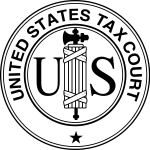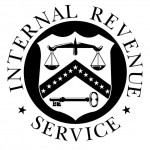 In Mountanos v. Commissioner, T.C. Memo 2014-38, the Tax Court denied the taxpayer’s request to consider alternative grounds for disallowing deductions conservation easement conveyance. The taxpayer sought to avoid 40% accuracy-related penalties assessed on the disallowance of the deductions in Mountanos v. Commissioner, T.C. Memo 2013-138 (Mountanos I) (see our Summer 2013 newsletter).
In Mountanos v. Commissioner, T.C. Memo 2014-38, the Tax Court denied the taxpayer’s request to consider alternative grounds for disallowing deductions conservation easement conveyance. The taxpayer sought to avoid 40% accuracy-related penalties assessed on the disallowance of the deductions in Mountanos v. Commissioner, T.C. Memo 2013-138 (Mountanos I) (see our Summer 2013 newsletter).
In Mountanos I, the taxpayer claimed a $4.9 million deduction return for conveying a conservation easement to the Golden State Land Conservancy. The IRS challenged the easement on multiple grounds, including valuation. The Tax Court found that the conservation easement had no value because the conveyance had no effect on the “highest and best use” of the property. The Court did not consider the respondent’s alternative arguments and imposed a 40% gross valuation misstatement penalty.
The taxpayer filed a motion seeking reconsideration of the Court’s decision on the 40% penalty. Relying on prior opinions of the court, the taxpayer argued that the Court should consider alternative grounds that the taxpayer fails to concede as the basis for calculating the penalty.
The Tax Court denied the taxpayer’s motion for reconsideration of the penalties because it would allow the taxpayer to “take two bites at the same apple.” Judge Kroupa also questioned the viability of the cases relied upon by the taxpayers in light of the Supreme Court’s decision in United States v. Woods. Woods rejected the taxpayer’s reliance on the “Blue Book” formula in an attempt to avoid the gross valuation misstatement penalty.
Read the full opinion here: Mountanos v. Commissioner, T.C. Memo. 2014-38







